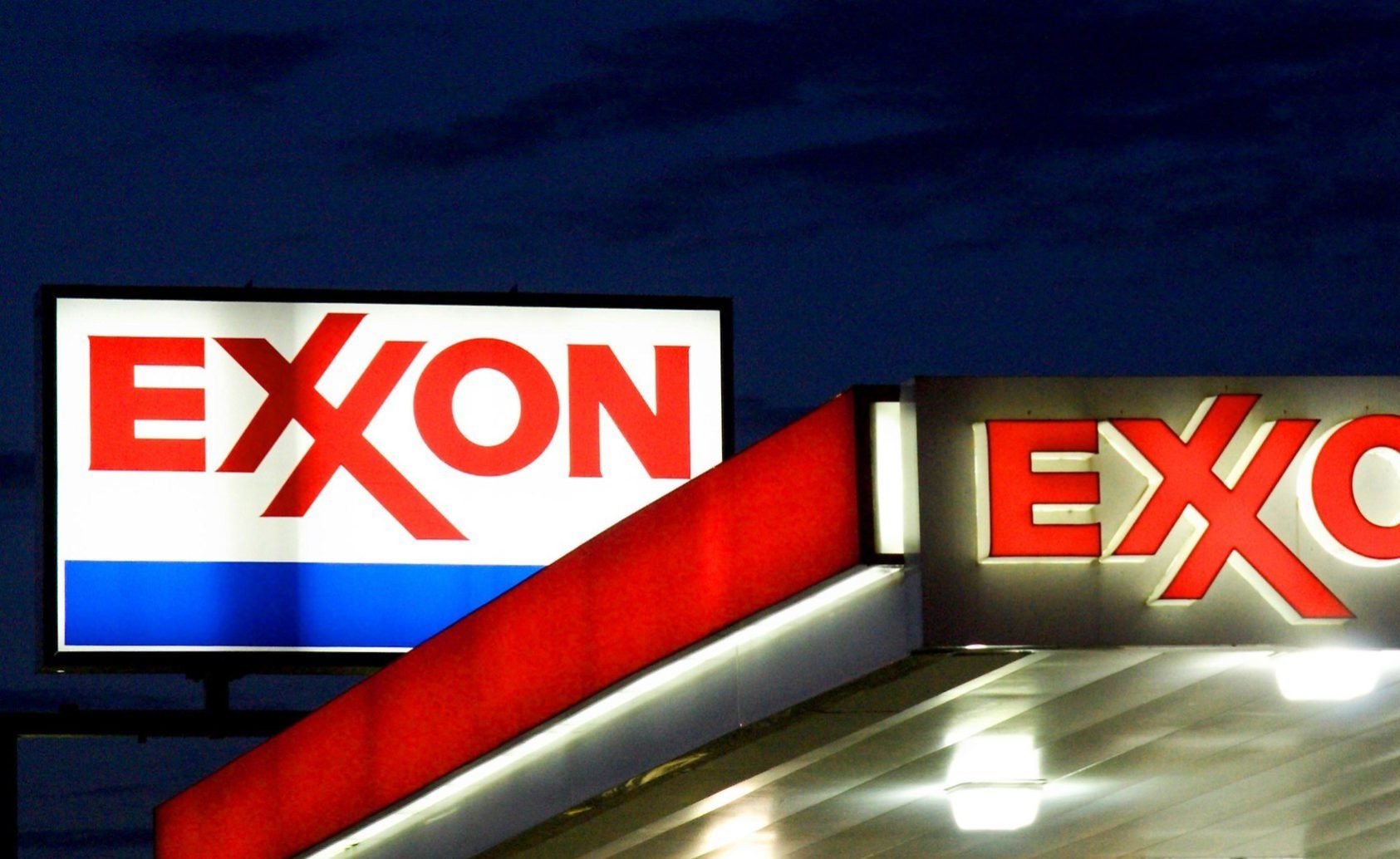Chad dropped fine of five times it’s Country’s GDP on Exxon

Exxon Mobil Corp. was ordered to pay a record $74 billion fine in Chad for underpaying royalties in the central African nation where the company has been drilling for 15 years, according to a court document.
The fine is about five times more than Chad’s gross domestic product, which the World Bank estimates at $13 billion.
The High Court in the capital, N’Djamena, announced its ruling Oct. 5 in response to a complaint from the Finance Ministry that a consortium led by Exxon hadn’t met its tax obligations. The court also demanded the Texas-based oil explorer pay $819 million in overdue royalties, according to the document.
The penalty exceeds the $61.6 billion financial blow BP Plc incurred after the Deepwater Horizon disaster in 2010 killed 11 rig workers and fouled the Gulf of Mexico with crude for months, and is more than 70 times larger than the $977.5 million Exxon was ordered to pay fishermen and other victims of the 1989 Valdez oil spill in Alaska. Chad is unlikely to collect most of the fine, said Jeffery Atik, who teaches international law at Loyola Law School in Los Angeles.
“Nobody is going to cooperate outside of Chad in enforcing this judgment,” Atik said in a telephone interview.
“This leaves Exxon exposed to possibly losing everything it has inside Chad but that’s such an extraordinary number, I can’t imagine the assets they have there are worth that much.”
Exxon, the world’s biggest oil producer by market value, began exploring Chad for crude in 2001 and has been pumping oil there since 2003.
The company also operates a pipeline that hauls Chadian oil to a marine terminal in Cameroon for export. The two other companies named in the case are Chevron Corp. and Malaysia’s state-owned Petroliam Nasional Bhd.
Chevron sold its stake in Chad in 2014 and spokeswoman Isabel Ordonez declined to comment.
“We disagree with the Chadian court’s ruling and are evaluating next steps,” Exxon spokesman Todd Spitler said by e-mail Thursday. “This dispute relates to disagreement over commitments made by the government to the consortium, not the government’s ability to impose taxes,” he said in a later e-mail, declining to comment on the $74 billion figure.
The president of the court, Brahim Abbo Abakar, confirmed the ruling by phone on Thursday.
“It’s correct, however, the provisional enforcement is lower than the amount demanded by the tribunal,” he said, referring to the sum of $669 million also cited in the document. He didn’t elaborate.
Budget Cuts
Chad’s Finance Minister Ngabo Seli Mbogo said the court ruling was clear and he didn’t want to comment further.
“It’s not a realistic thing and it will never be collected,” said Robert Amsterdam, a lawyer at Amsterdam & Partners LLP who has represented international corporations and sovereign governments.
“This is much more about signaling that a renegotiation is in order than something that should trouble shareholders in any way.”
President Idriss Deby in 2006 gave Chevron and Petronas 24 hours to leave the country, accusing them of not having paid taxes. They denied the allegations and the case was later settled.
The government of the central African nation is struggling with an economic crisis due to a drop in oil revenue and the spillover of violence from the Nigerian Islamist militant group Boko Haram, which has hindered trade with Nigeria and Cameroon. Budget cuts have prompted several strikes and student protests this year.
“Contract sanctity and respect for the rule of law are core principles used to manage our business over the long term,” Exxon’s Spitler said. “It is vital for all parties to honor the terms of a contract and abide by applicable law in order to achieve the desired long-term benefits envisioned when projects begin.”









0 Comments